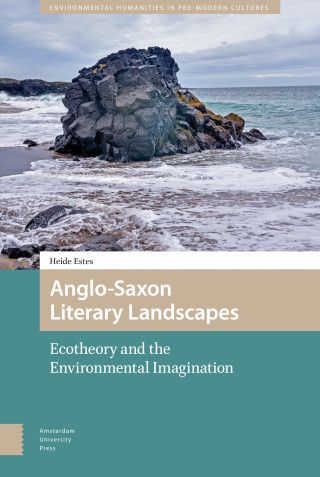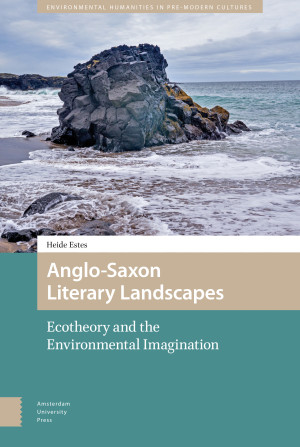"Anglo-Saxon Literary Landscapes makes a compelling case for the medieval world as a profitable site for further exploration by ecocritical and ecofeminist theorists." - Renée R. Trilling, Medieval Feminist Forum Society for Medieval Feminist Scholarship, Volume 54, Number 2, 2019
"This book is one of the most important to come out this year, as it is not only one which articulates interesting and important nuances about Old English literature, but it is also an activist-minded piece which raises significant questions about our present anthropocentric lives and the state of the medieval field. Thus, in her analysis of the sea in Beowulf, saints’ lives, and biblical epics, Estes draws parallels between Anglo-Saxon notions of the sea as a limitless resource with presentday hyperconsumerist treatment of the environment, and her discussion of Guthlac’s appropriation of the fenland wilderness compares it with colonialist ideologies which justified invasion and enslavement as processes civilizing wilderness regions." - Eric Lacey and Simon Thomson, The Year's Work in English Studies, Volume 98, Issue 1, 2019

